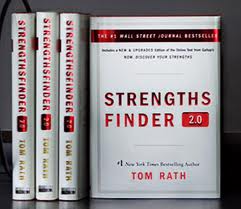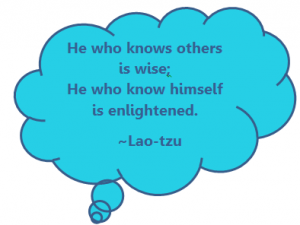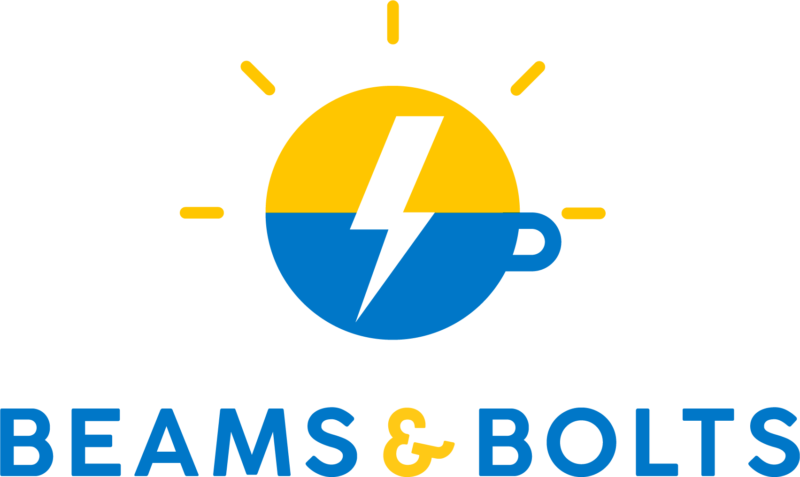
I came across this book after taking a Strengths Finder assessment for a board I serve on. Each of the 20 board members took the assessment in advance, read our individual reports and then shared with the group what our strengths were.
The process was great for a couple of reasons First, it was a really interesting get to know each other sort of thing. But with a little more guts than the standard ice breakers we have all endured over the years. Second, it was a smart way for us to develop teams. The theory being that if you know what everyone’s strengths are, you can select team members who will complement each other and be more effective.
The third reason I liked the assessment and subsequently bought the book was this – it gives everyone a unique look at themselves.
I love this Lao-Tzu quote and find it to surprising how rare and undervalued self-awareness is in our society.

We spend a lot of time trying to figure other people out – all the while never really understanding ourselves.
The other thing I love about the Strengths Finder assessment versus many other I have taken is the emphasis they place on identifying a person’s strengths. Usually an assessment will touch on the good, but they tend to focus on identifying a person’s shortcomings. The thought being if we can figure out what this person isn’t great at, then we can fix them. Managers all across the country, right this very second, are making lists of things they want their employees to work on and get better at. They will set a date some time in 3-6 month to review the goals and monitor progress. People will keep or lose a job as a result.
Strengths Finder flips that “fix what’s broken” theory on its head. Instead, they suggest that it is much easier for a person to get better at what they are already good at than working on what they aren’t.
